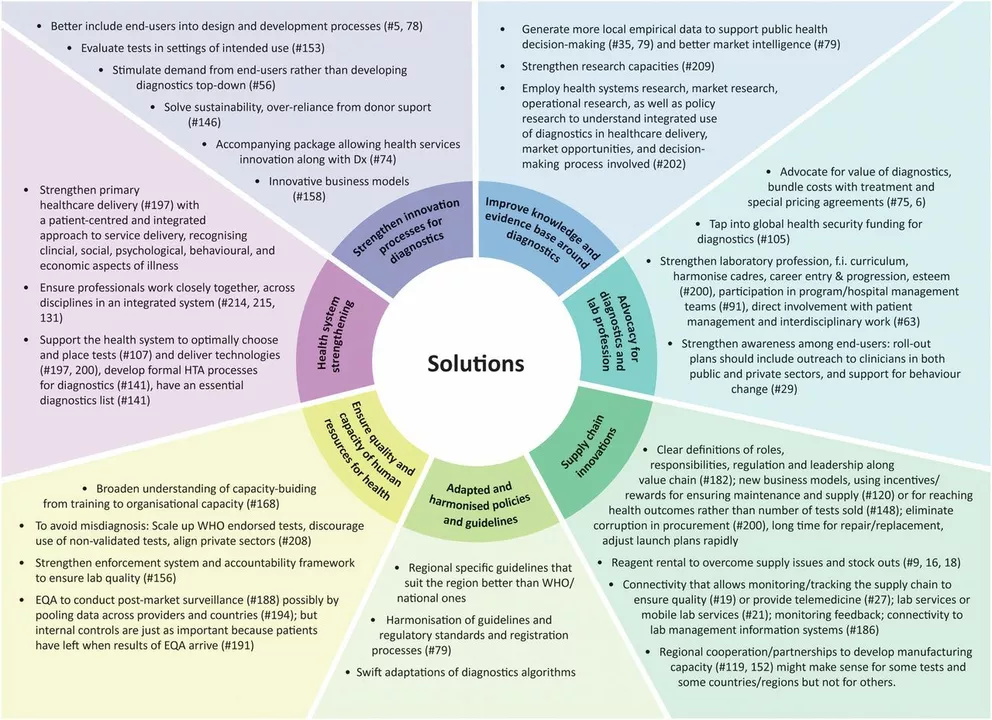Social support: simple steps to feel safer and healthier
Feeling alone while dealing with health problems makes everything harder. Social support isn't a fluffy idea — it's how friends, family, and communities reduce stress, help you follow treatment, and speed recovery. This page shows clear, practical ways to get the kind of support that actually helps.
Types of social support that help in real life
There are three main kinds of support you’ll notice right away. Emotional support means someone listens, comforts you, or just checks in. Informational support is advice: a pharmacist explaining side effects, a blog with tips, or a peer explaining how they managed a drug switch. Instrumental support is hands-on help — rides to appointments, picking up prescriptions, or helping with bills.
Each type matters. If you struggle to remember meds, instrumental help like a caregiver setting reminders will make a bigger difference than just moral support. If you’re scared about side effects, informational support from a pharmacist or a trusted article can calm you and keep you on treatment.
How to build a practical support system today
Start small. Pick one task you need help with — weekly pill organization, a ride to the clinic, or someone to call when symptoms worsen. Ask one person to try it for a week. Most people want to help but don’t know what to do unless you give them a clear task.
Use your existing health team. Pharmacists can explain interactions, costs, and alternatives. Nurses and care coordinators can connect you with local resources. If affordability is an issue, tools that compare prescription prices or lists of discount programs can relieve financial stress — sharing those options with a friend or family member turns info into real help.
Join a focused group. Online forums and local support groups for specific conditions are more useful than generic groups. Look for groups that focus on your condition, treatment, or life stage. People there share practical tips — how they handled tapering a medicine, where they found cheaper inhalers, or which telemedicine services worked for them.
Make tech work for you. Set phone alarms, use shared calendars, or set up automatic refill reminders with your pharmacy. Apps that let a family member view appointments or medication schedules can keep everyone in sync without extra phone calls.
Be honest and set limits. Tell people what you need and what you don’t. If you don’t want constant advice, ask for check-ins instead. If practical help is draining someone, trade tasks — maybe you handle grocery runs and they drive you to appointments.
If things feel urgent or unsafe, reach out immediately to emergency services, crisis lines, or your care provider. Social support helps most when paired with good medical guidance. Build connections one step at a time and pick the practical fixes that make your daily life easier.
Want resources tailored to a specific medication or condition? Check the related articles on this site for guides on medication safety, cost-saving tools, and condition-specific tips that you can share with your support circle.
As a heart failure patient, I cannot stress enough the importance of social support in managing this condition. Having a strong support system not only helps us emotionally but also plays a crucial role in adhering to treatment plans and making healthier lifestyle choices. Connecting with others who share similar experiences through support groups can also provide valuable insights into managing heart failure. Furthermore, our loved ones' encouragement and understanding can make all the difference in our journey towards better heart health. In a nutshell, social support is truly essential for heart failure patients like myself to lead a fulfilling life.
Continue reading...

